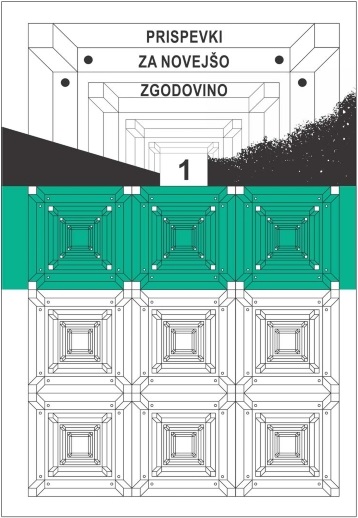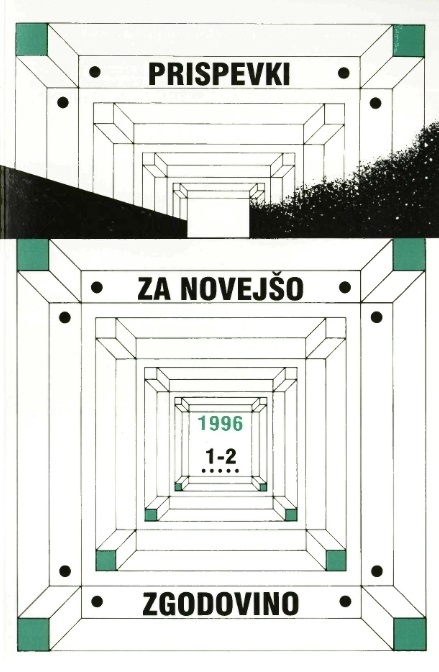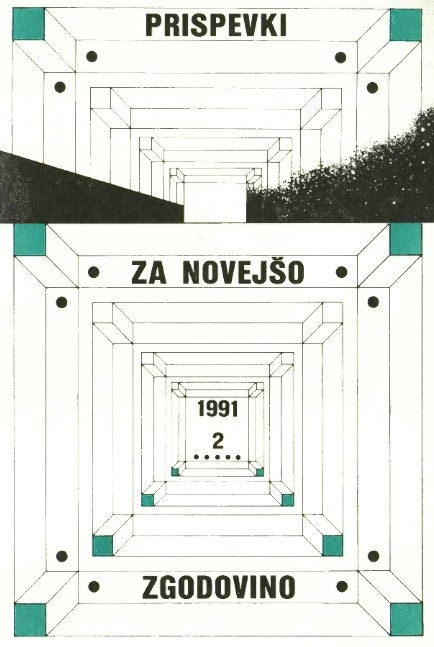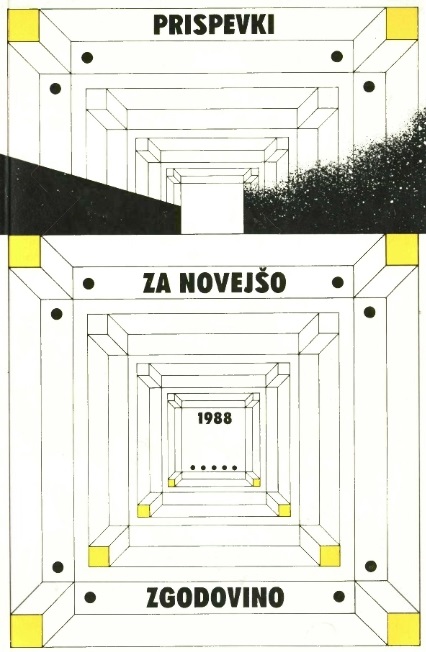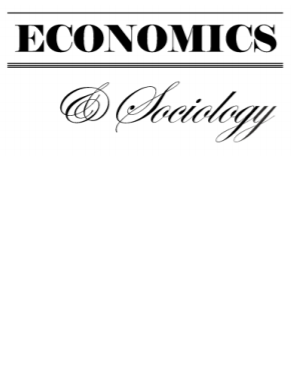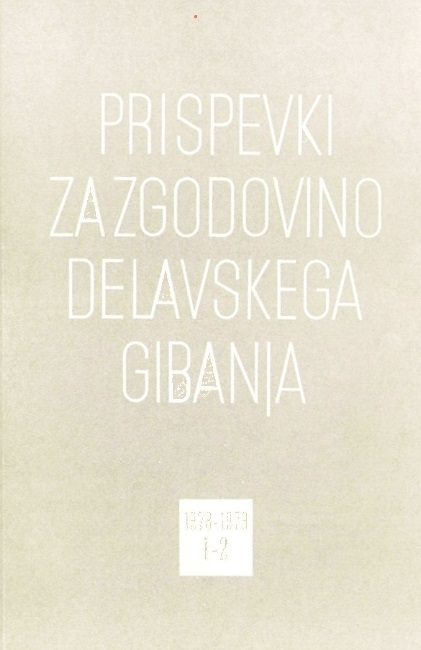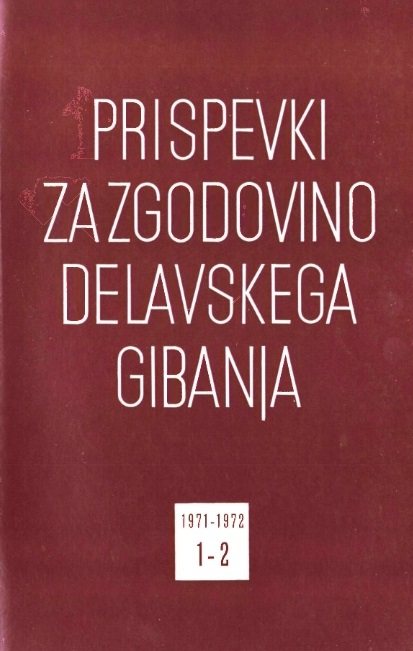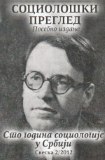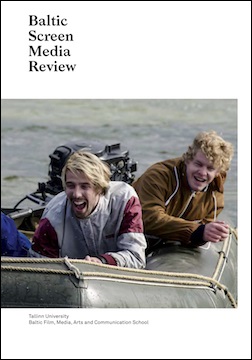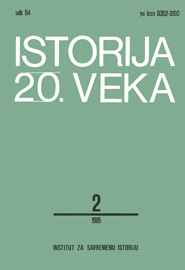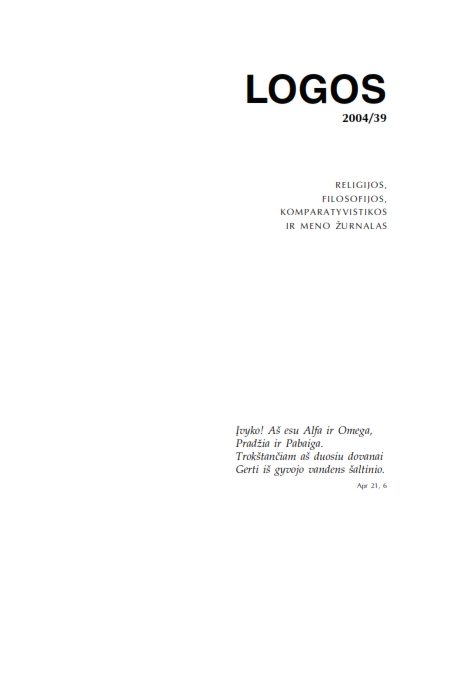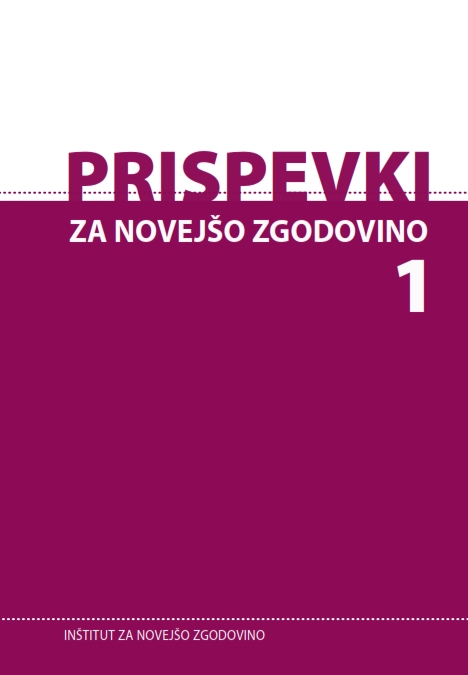
Stranke marksističnega idejnopolitičnega tabora na Slovenskem 1896–1941
The following contribution focuses on the development and organisation of the parties of the Marxist ideological-political camp in the time of the Habsburg Monarchy, when the first Marxist-oriented workers' party was established in Slovenia in 1896 (the Yugoslav Social-Democratic Party), and during the Kingdom of SHS/Yugoslavia until the onset of World War II. The article analyses the diverse structure of political parties, emerging in 1920, when the Social-Democratic Party as the only Marxist-oriented workers' political representative until that time split into the radical/communist and the reformist/social-democratic parties. Both of these subsequently joined the appropriate Yugoslav parties: i.e. the Communist Party of Yugoslavia and the Socialist Party of Yugoslavia, respectively. The contribution underlines the emergence of fractions within both of these parties, the methods and circumstances of the communist activities after the government banned the Communist Party in 1921, and the methods of the socialist activities after the prohibition of the Socialist Party with the introduction of the King's Dictatorship in January 1929. The power and social influence of these parties are described in terms of the results of the elections for the representative bodies and the number of party members. The article also lists the main party gazettes and the leading party members.
More...
